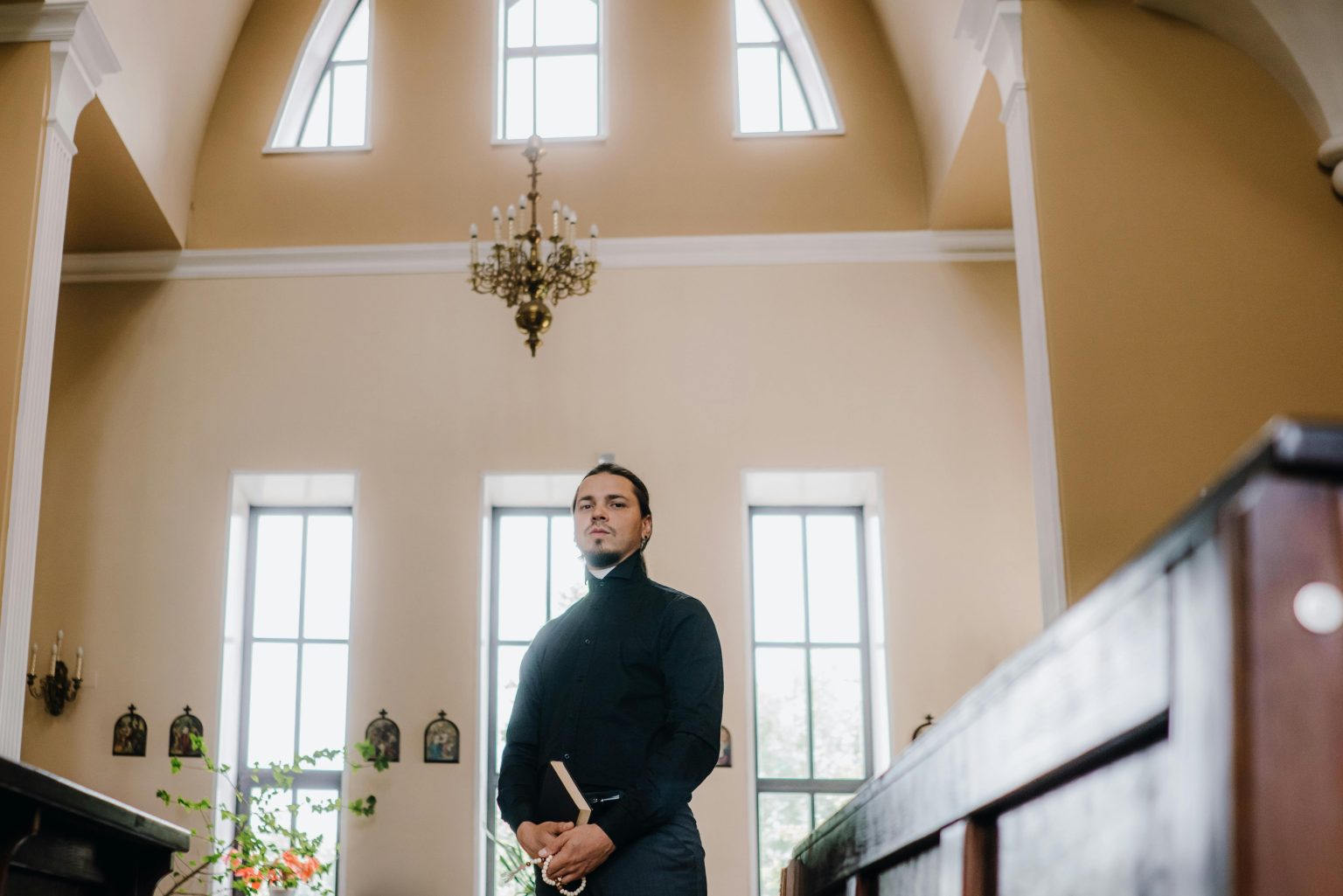Seminary degrees have long been associated with pastoral roles, preparing students for a life of preaching, teaching, and church leadership. While those are certainly vital paths within ministry, theological education today equips graduates for much more.
A seminary degree fosters skills in counseling, communication, ethics, critical thinking, and leadership—qualities that are applicable far beyond the traditional church setting. As the landscape of ministry and society evolves, so too do the vocational possibilities for seminary-trained individuals.
Building Community Through Nonprofit Leadership
One increasingly common avenue for seminary graduates is the nonprofit sector. Many faith-based and humanitarian organizations seek leaders who combine theological insight with practical leadership skills. Theological training often includes a focus on justice, compassion, and service—values that align naturally with nonprofit missions.
Whether managing a shelter, directing a youth program, or working in international relief, seminary graduates bring a unique depth of perspective to organizations seeking purpose-driven leadership.
The nonprofit world also benefits from seminary-educated professionals who can bridge diverse communities, navigate complex ethical dilemmas, and inspire mission-focused teams. These roles allow graduates to stay rooted in service without being limited to traditional ministry frameworks.
Serving the Public Through Chaplaincy Work
Chaplains serve in a variety of settings, including hospitals, prisons, universities, and the military. Their work provides spiritual care and emotional support to people from all walks of life, often during moments of deep vulnerability. This career path is especially well-suited for those who feel called to walk alongside individuals during difficult times but prefer a context outside of church walls.
Chaplains are trained to minister across faith lines, offering presence and empathy rather than doctrinal teaching. Because of this, the role demands cultural sensitivity, theological adaptability, and strong interpersonal skills—all of which are emphasized in a seminary education. For students pursuing advanced ministry training, chaplaincy offers an impactful and dynamic career that makes theological training deeply practical.
Teaching and Shaping Minds Through Education
Another meaningful path is teaching, both within religious institutions and in broader educational settings. Those with seminary degrees, like Doctor of Ministry from institutions like Charlotte Christian College, often go on to teach religious studies, ethics, or philosophy at colleges, seminaries, and even high schools. For graduates who enjoy writing, research, and intellectual engagement, teaching allows them to cultivate dialogue and shape the theological understanding of future generations.
Educational roles may also involve curriculum development, writing textbooks, or producing public scholarship that bridges academic and community life. With a solid grounding in scripture, ethics, and cultural history, seminary-trained educators are well-positioned to guide students through complex moral and spiritual questions that are increasingly relevant in a pluralistic world.
Guiding Growth Through Counseling and Spiritual Direction
Many seminary programs integrate pastoral counseling and psychology into their curriculum, preparing graduates to become licensed counselors or spiritual directors. While formal licensure often requires additional certification, a seminary background offers a valuable foundation for those who wish to support individuals emotionally and spiritually.
Spiritual directors, in particular, help people discern their purpose, navigate transitions, and deepen their personal relationship with God. This form of mentorship has grown in popularity, especially among individuals seeking guidance outside traditional religious structures. Counselors and spiritual directors are called to listen with compassion, challenge thoughtfully, and create space for healing—all skills that seminary nurtures deeply.
Engaging Culture Through Writing and Media
With digital media becoming a powerful vehicle for communication, seminary graduates are increasingly finding their voice in writing, podcasting, and content creation. Theological education helps refine critical thinking, ethical reasoning, and persuasive communication—tools that are vital for contributing to conversations on faith, justice, and culture.
Writers with a seminary background can offer nuanced perspectives in journalism, blogging, curriculum development, and publishing. Some contribute as editors for religious publications, while others shape broader narratives through creative storytelling, social commentary, or theological reflection. The versatility of this path allows graduates to reach diverse audiences while exploring the intersection of faith and society.
Expanding the Horizon of Ministry
While preaching remains a noble and essential calling, a seminary degree today opens doors to a wide spectrum of career paths that extend far beyond the pulpit. From nonprofit leadership and chaplaincy to education, counseling, and media, theological training empowers individuals to serve the world in ways that are both meaningful and transformative. As our global challenges evolve, the voices of those grounded in spiritual insight, ethical discernment, and compassionate leadership are needed more than ever—wherever their paths may lead.


